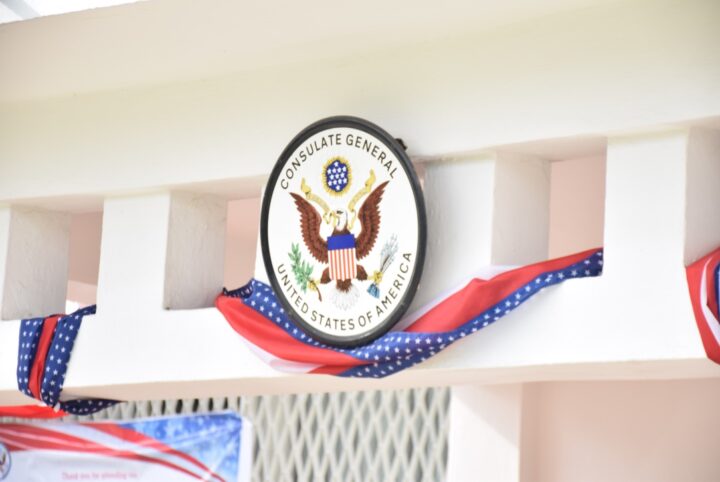The United States has announced a hike in fees for certain nonimmigrant visa applications (NIV).
In a statement on Wednesday, the US department of state said the hike in the affected NIV fees was implemented after a review of the country’s costs of providing these services.
The hike also affects the border crossing card (BCC) for Mexican citizens aged 15 and over.
The department of state is committed to facilitating legitimate travel to the United States for both immigrant and nonimmigrant travelers.
Advertisement
“These increases were published in the federal register on March 28, 2023, and will be effective on May 30, 2023,” the statement reads.
“The fee for visitor visas for business or tourism (B1/B2s and BCCs), and other non-petition based NIVs such as student and exchange visitor visas, will increase from $160 to $185. The fee for certain petition-based nonimmigrant visas for temporary workers (H, L, O, P, Q, and R categories) will increase from $190 to $205. The fee for a treaty trader, treaty investor, and treaty applicants in a specialty occupation (E category) will increase from $205 to $315.
“NIV fees are set based on the actual cost of providing NIV services and are determined after conducting a study of the cost of these services. The department uses an activity-based costing (ABC) methodology to calculate, annually, the cost of providing consular services, including visa services.
Advertisement
“The fees for most non-petition based NIVs were last updated in 2012, and certain other NIV fees were last updated in 2014.”
Other consular fees are not affected by this rule, including the waiver of the two-year residency required fee for certain exchange visitors, the statement added.
The US department of state said the work and tourism visas are essential to President Biden’s foreign policy and have a critical impact on the country’s economy.
Fee information can be found on the bureau of consular affairs website, travel.state.gov, and on the websites of US embassies and consulates.
Advertisement
Add a comment






